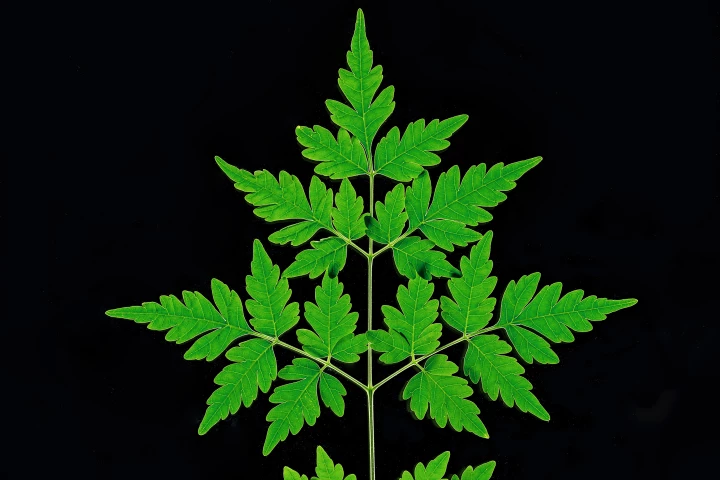John Innes Centre
-
It's a sad fact that even though bees are essential to pollinating crops, they're also harmed by the pesticides used on those very same plants. Thanks to a new discovery, however, a bee-friendly pesticide could soon be cheaper and easier to produce.
-
Vitamin D deficiency is a growing health issue, but very few foods are rich in the nutrient. To help combat the problem, scientists have now used CRISPR gene editing to fortify tomatoes with vitamin D.
-
In a new study led by the University of Verona, researchers have used plant viruses to make new nanoparticles that show promise in mice for treating autoimmune diseases like type 1 diabetes and rheumatoid arthritis.
-
New research suggests that it may be possible to engineer cauliflower, broccoli, rapeseed, and other crops, so they're better suited to farming in a world beset by climate change. The key is in the gene that influences how these plants release their seeds.
-
Our planet is expected to host an extra two billion people by 2050, making food security a real issue. Researchers are now reporting an advance in a field known as speed breeding, which relies on intense lighting regimes to raise crops several times faster.




